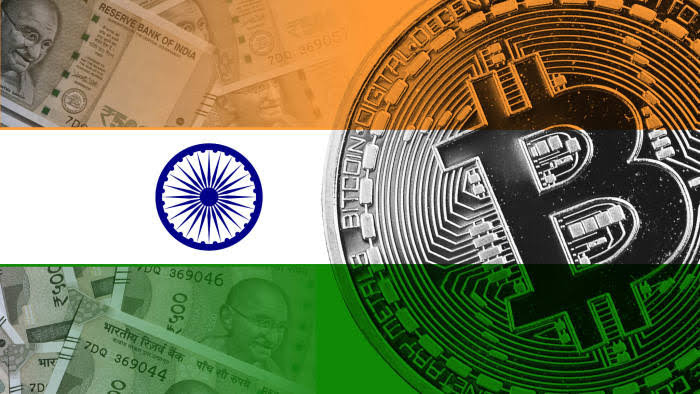More than $600 million has left Pakistan’s formal banking system through unregulated cryptocurrency purchases over the past 10 months, according to the country’s Exchange Companies Association—a capital flight that officials warn is undermining efforts to stabilize dollar reserves following the nation’s near-default in 2023.
Malik Bostan, the association’s chairman, said residents are increasingly buying dollars from exchange companies and transferring them to foreign currency accounts before withdrawing cash to purchase digital assets through unofficial channels.
The outflow has contributed to a 23% drop in dollars sold to commercial banks during the first four months of 2025, threatening Pakistan’s IMF-backed economic recovery program.
“Last year, during the first 10 months of the calendar year, we sold banks about $4 billion, which fell to $3 billion during the same period this year. These disappeared dollars were mostly invested in crypto currencies,” said Malik Bostan, Chairman of the Exchange Companies Association of Pakistan.
A deepening outflow linked to illegal crypto transactions
From January to October, Pakistanis retained an estimated $400 million in FCY accounts, but over $600 million vanished through illegal crypto transactions, according to Bostan. The State Bank of Pakistan (SBP) responded by directing banks and exchange companies to stop issuing cash dollars, insisting instead that all funds be transferred directly to FCY accounts.
However, despite these controls, the dollars deposited into FCY accounts continue to migrate into digital assets—a development officials link to the persistence of illegal crypto transactions. As a result, exchange companies have shifted to issuing cheques or making direct transfers while still struggling to contain the outward flow of dollars.
Recent figures also indicate a sustained contraction in the volume of dollars sold to banks. Exchange companies sold $280 million in July, $163 million in August, $186 million in September, and $244 million in October—declines compared with the same period in 2024. Total sales for the four months amounted to $1.139 billion, a reduction of 23% in early 2025. Meanwhile, commercial bank dollar holdings increased, a trend analysts attribute partly to ongoing illegal crypto transactions.
Crypto investments threaten Pakistan’s dollar-saving strategy
Pakistan continues to battle a prolonged dollar shortage. Having nearly defaulted in 2023, the country introduced strict controls on imports and illegal currency trading as part of its IMF-supported stabilization program. While smuggling and unauthorized trading have slowed, officials now fear that rising crypto-linked activity—especially illegal crypto transactions—could undermine recovery efforts.
The government’s broader strategy includes issuing new international bonds and entering the Chinese market with Panda bonds. The SBP currently holds about $14.551 billion in reserves, with projections to reach $17 billion by the end of fiscal year 2026. Remittances have also improved, enabling the central bank to meet debt obligations while maintaining reserve buffers.
Currency analysts believe Pakistan is on track to receive the anticipated $1.2 billion IMF disbursement, which would support reserve growth. Still, observers warn that the systemic leakage caused by illegal crypto transactions remains a structural threat.
Pakistan pushes regulated crypto adoption amid rising illegal channels
Despite its challenges, Pakistan continues seeking a regulated digital finance framework. The government recently invited international crypto exchanges to apply for local operating licenses—a move aimed at curbing illegal crypto transactions by shifting activity into supervised channels.
According to Bilal bin Saqib, chairman of the Pakistan Virtual and Assets Regulatory Authority (PVARA) and minister of state for crypto and blockchain, the objective is to establish a transparent, predictable digital financial ecosystem. “The country wants to partner with these firms to build a transparent digital finance future in Pakistan,” he said, framing supervised adoption as a counterweight to the surge in illegal crypto transactions.
As Pakistan navigates its fragile currency landscape, policymakers remain under pressure to protect dollar reserves while contending with a global digital asset market that continues to attract local investors—legally and otherwise.











